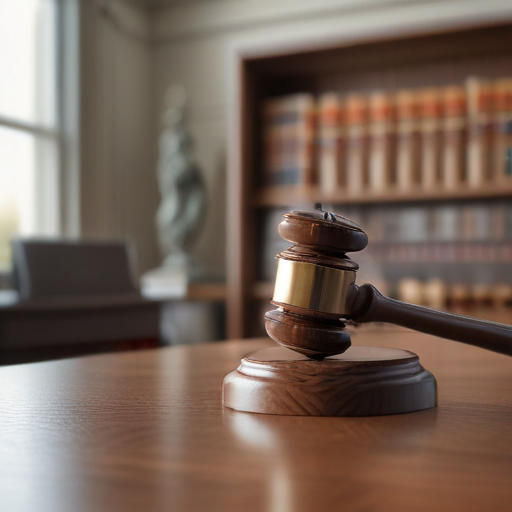The Supreme Court of the United States is leaning towards upholding a ban on TikTok, citing national security concerns related to its parent company, ByteDance, which is based in China. The justices recently heard arguments that centered on the potential risks of the app being exploited by the Chinese government for espionage and political influence. The January 19 deadline is critical, as the law mandates ByteDance to sell TikTok in the US or cease its operations.
During the proceedings, lawyers for TikTok and content creators argued that the ban infringes on the First Amendment rights of the platform’s 170 million users in the US, emphasizing the importance of free speech. They contend that the law would effectively stifle communication and expression on one of the most popular platforms, which enables diverse voices, particularly among young creators.
In contrast, government representatives pointed to ByteDance’s connections to the Chinese government as an ongoing national security threat. They articulated fears that TikTok could become a tool for the Chinese state to collect sensitive data on American users or disseminate harmful content.
Former US solicitor general Noel Francisco, representing TikTok, underscored the danger of government censorship, arguing that protecting citizens from certain speech is not a valid justification for a ban. Similarly, a law professor representing content creators highlighted the inconsistency of labeling mere ideas from foreign adversaries as national security threats under the First Amendment.
The case has garnered attention given its potential implications for free speech and the future of social media platforms in the US. Observers have noted that historical precedence suggests the Supreme Court may lean towards favoring national security concerns in its ruling. However, the opinions expressed by various justices indicate a nuanced consideration of both the security risks and the potential violation of constitutional rights.
Public response has also been vocal, with TikTok creators expressing their fears of financial loss and the disruption of their communities if the ban is enacted. Many users believe that TikTok serves as an essential platform for political expression, creativity, and connection.
As the court deliberates, the outcome remains uncertain, but a ruling favoring national security may lead to significant changes in how foreign-owned apps operate in the US, illustrating the complex interplay between security, speech, and technology in today’s digital landscape.
In summary, while the Supreme Court grapples with the implications of a potential TikTok ban, the case reflects larger issues of free expression in the context of national security, a theme that resonates deeply in today’s interconnected world. As discussions continue, the hope is for a resolution that balances the need for security with the fundamental rights of Americans.
